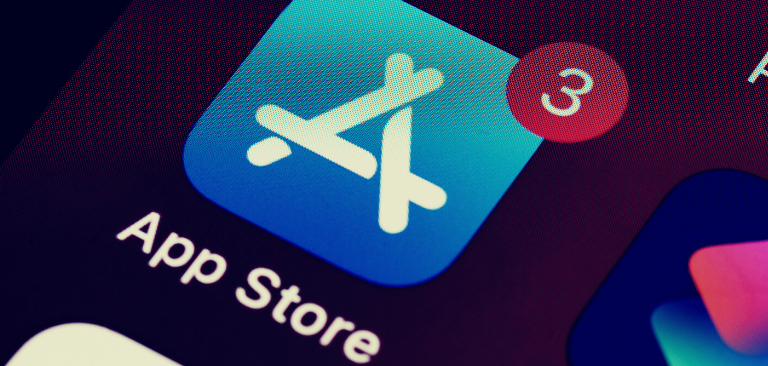A bill, SB 2333, introduced in North Dakota that aimed to loosen the stranglehold that Big Tech has on developers dependent on the biggest app stores has failed in the state senate on Tuesday.
The bill sought to ensure that tech companies whose revenue exceeds $10 million a year would no longer be able to force developers to “go exclusive” with their distribution platform – like Google Play and App Store can do now, making developers use only one store to publish their apps.
Moreover, if passed, the bill would have removed the right of giants to mandate the use of their preferred payment system, in turn preventing Apple or Google from taking a 30-percent cut from most app sales, reports say.
It’s precisely the requirement to use Apple’s payment processor that is behind the App Store’s massive financial gains. With revenue of some $64 billion last year alone, the behemoth would have certainly fallen into the category of those companies the bill aimed to contain while giving some room to breathe to publishers, who are contending with inconsistencies and constantly moving targets, as far as App Store rules go.
But even though the bill was designed to provide new rules of doing app store business for Big Tech in North Dakota, Apple was not willing to take any chances, in case the legislation’s provisions eventually forced it to introduce changes to its policies across the US.
Apple’s argument was that the way the App Store is set up today is keeping “bad apps out” and that the changes envisaged in the bill would have forced the giant to include them, thus undermining “privacy, security, and performance” and even, “destroy iPhone as you know it.”
In the end, the bill failed with 11 votes in favor and 36 against in North Dakota’s senate.
But this is only one in a series of bills proposed in a number of US states, looking to curb the power of the app store duopoly shared by Apple and Google.
The bills are the result of lobbying from the Coalition for App Fairness, that brings together dozens of companies, including Epic Games, Match Group, and Spotify.













